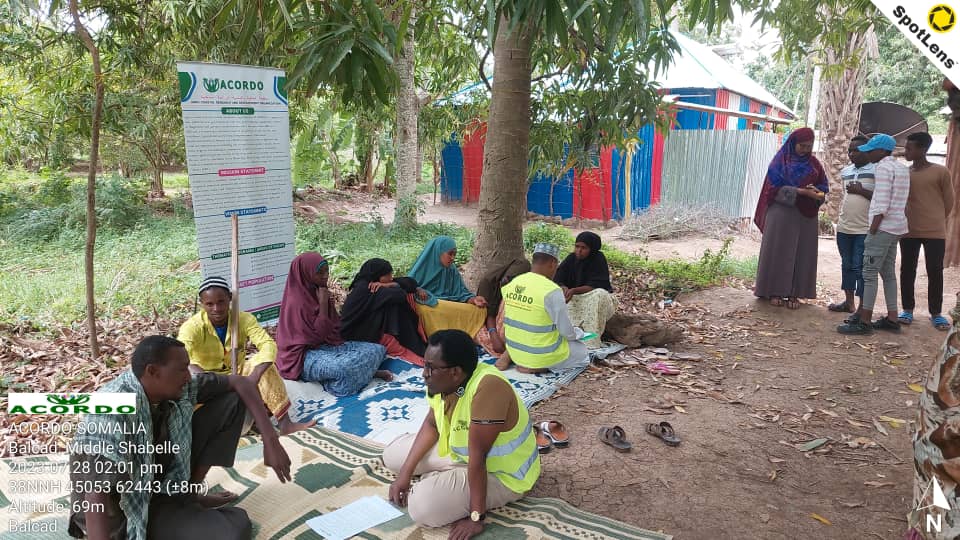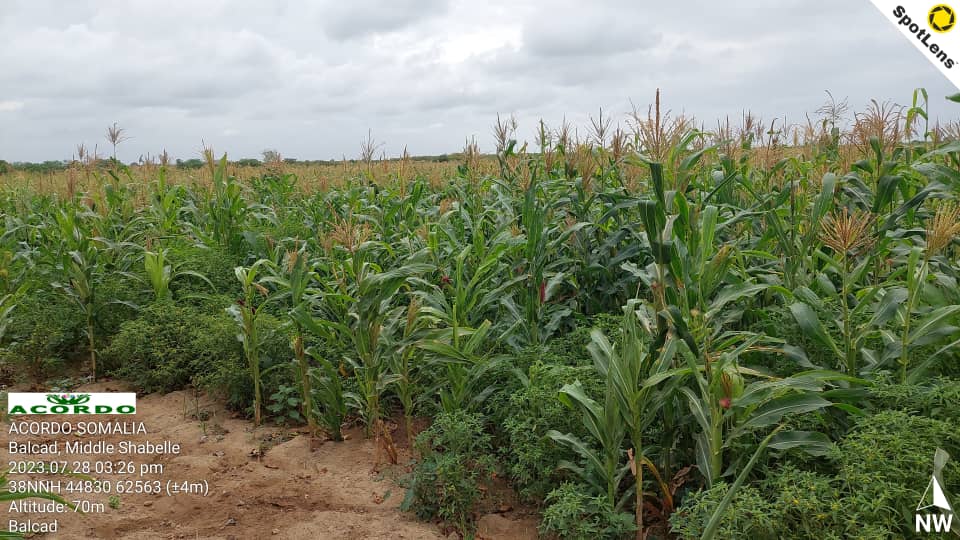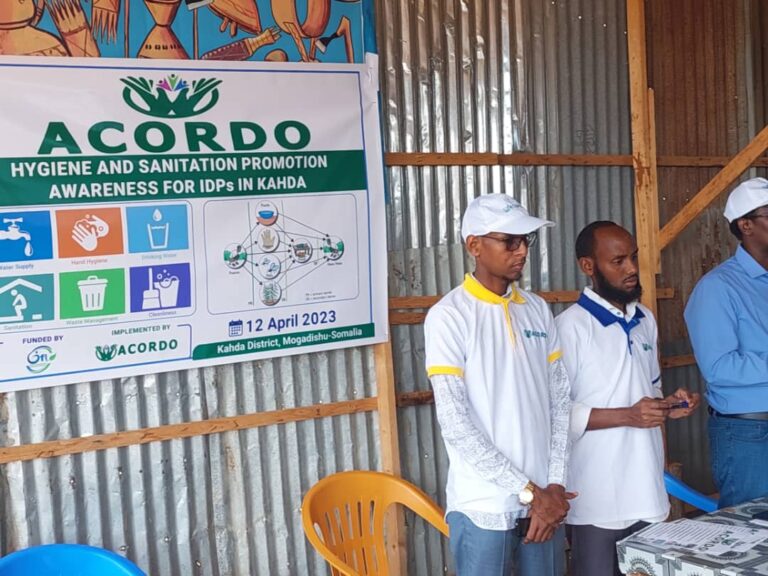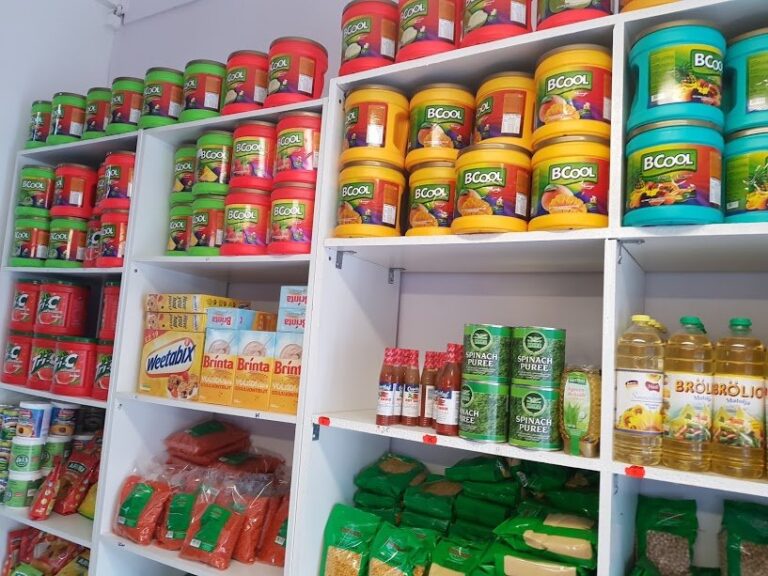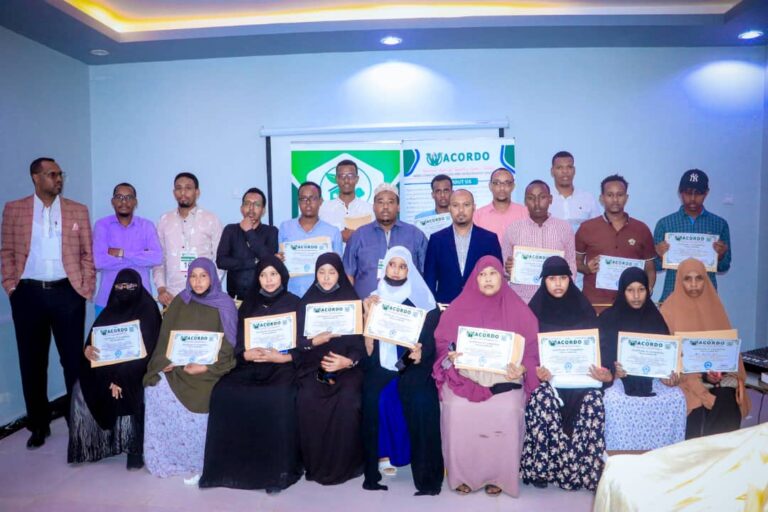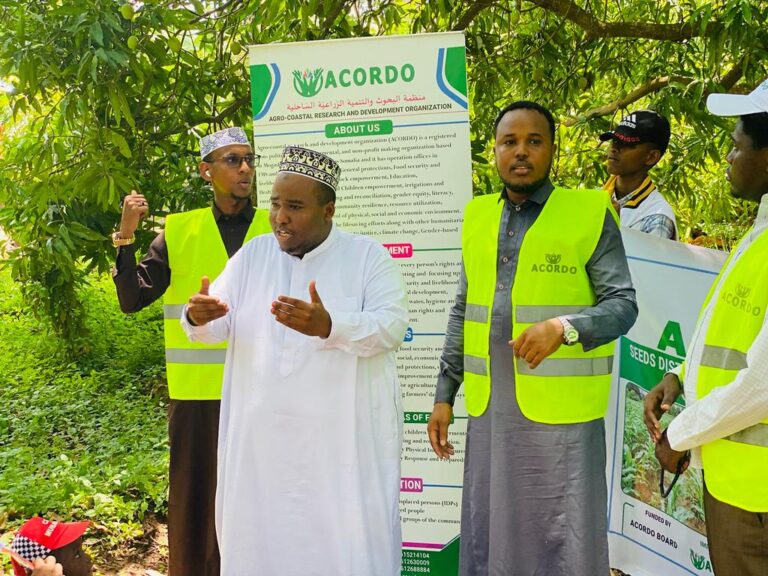Empowering smallholder farmers in Somali ‘s Agricultural sectors .
Indeed, empowering Somali smallholder farmers is critical to the sustainable development of Somali agriculture.
These farmers often face various challenges such as limited access to agricultural subsidies, outdated farming techniques, and lack of market opportunities.
This can contribute to their economic stability and food security for the country and the Somali people.
One of the ways to empower small Somali farmers is to give them access to modern technology and agricultural techniques such as drip irrigation, precision farming and organic farming methods can greatly improve their productivity.
In addition, educating farmers on sustainable practices, such as soil conservation and water management, can help conserve natural resources and ensure long-term agricultural sustainability.
Access to finance and credit is another issue that needs special attention, providing small farmers with small loans or affordable credit options allows them to invest in quality seeds, fertilizers and equipment.
This access to financial resources enables farmers to increase their production capacity and improve their overall livelihood.
Partnerships and knowledge sharing platforms are also essential for empowering Somali farmers.
Forming farmer cooperatives or farmer extension services can facilitate the exchange of ideas, best practices, and market information.
These platforms can enable farmers to learn from each other, negotiate better prices together, and find new markets, ultimately improving their income and market opportunities.
In conclusion, empowering Somali smallholder farmers is important for the sustainable development of Somali farmers.
